You may also be interested in
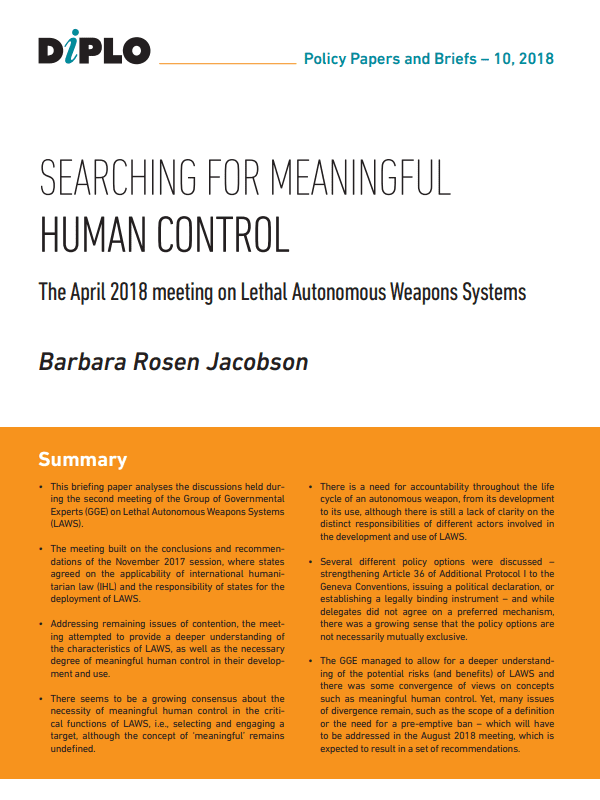
Searching for Meaningful Human Control. The April 2018 Meeting on Lethal Autonomous Weapons Systems (Briefing Paper #10)
In this briefing paper, Ms Barbara Rosen Jacobson analyses the debate of the April 2018 meeting of the Group of Governmental Experts (GGE) of the Convention on Certain Conventional Weapons (CCW). The group was established to discuss emerging technologies in the area of lethal autonomous weapons systems (LAWS).
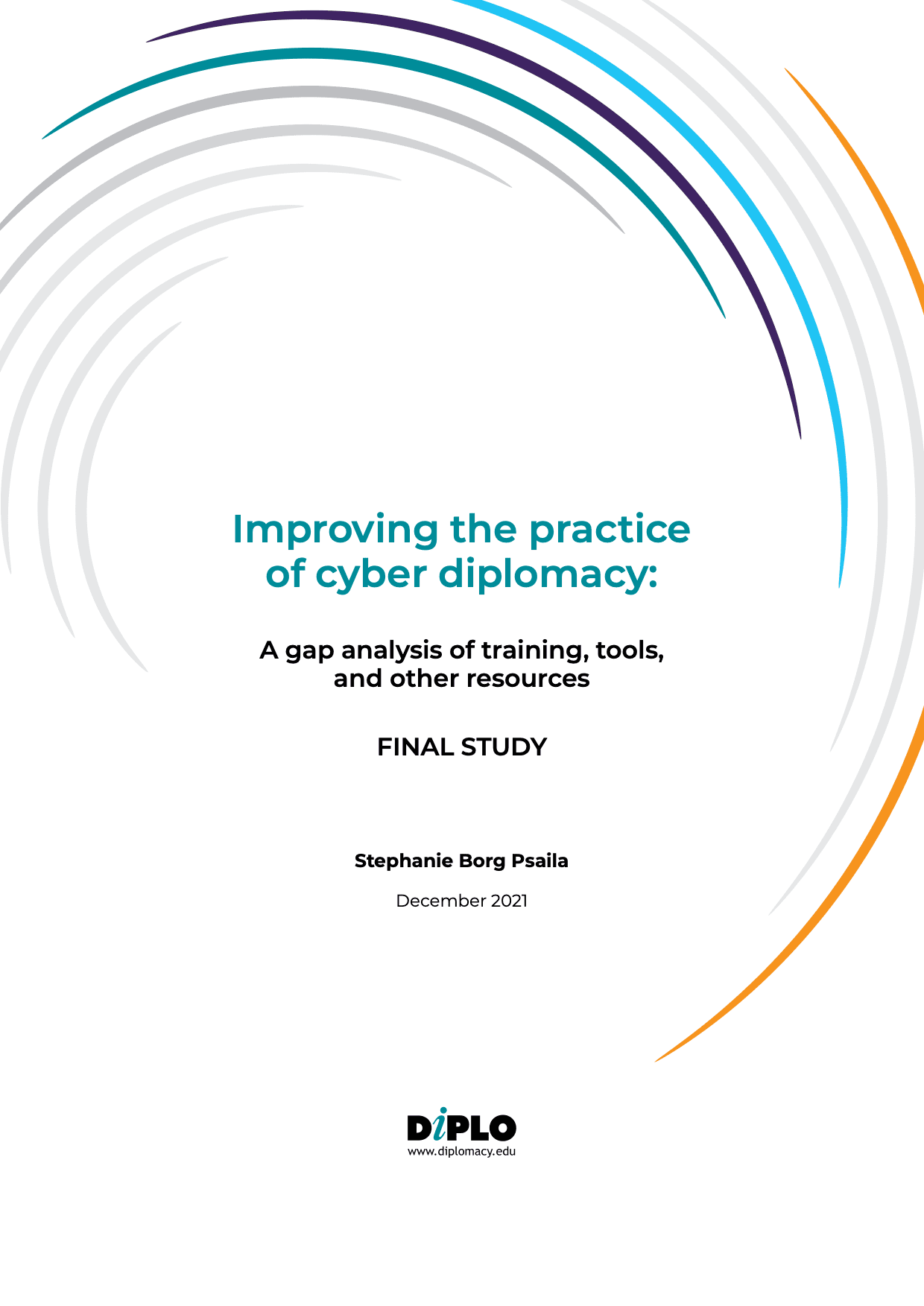
Improving the practice of cyber diplomacy: Training, tools, and other resources – Final study
This study analyses the capacity development of cyber diplomacy, including training opportunities, tools, and other resources, and looks at their reach, take-up, and what should come next. Why? Because although cyber diplomacy, the conduct of diplomacy with respect to a state’s interests in cyberspace, is too important to ignore, the participation of countries is far from ideal.

Introducing child safety in Romanian schools: Does the existing primary and secondary curriculum address online safety?
This paper examines the idea of an online child safety policy for Romania, which would provide an initiative to encourage smart online behavior in young children, prepare them to surf the Internet, and educate them to avoid its dangers. As technology develops and more and more children spend time online, they are exposed to numerous threats, dangers and potential abuse. Children need to learn how to behave online, how to critically assess their activities online and act accordingly.
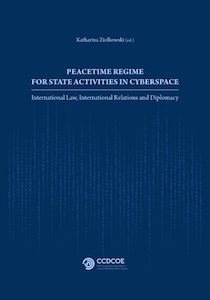
Peacetime Regime for State Activities in Cyberspace
The publication covers in a multi-disciplinary approach the technical, legal, policy and diplomacy aspects of State activities in cyberspace during peacetime. It consists of 23 chapters of academic nature, elaborated by 24 authors specialised in the respective areas of expertise. Diplo's Dr Jovan Kurbalija contributed the chapter on E-diplomacy and Diplomatic Law in the Internet Era.
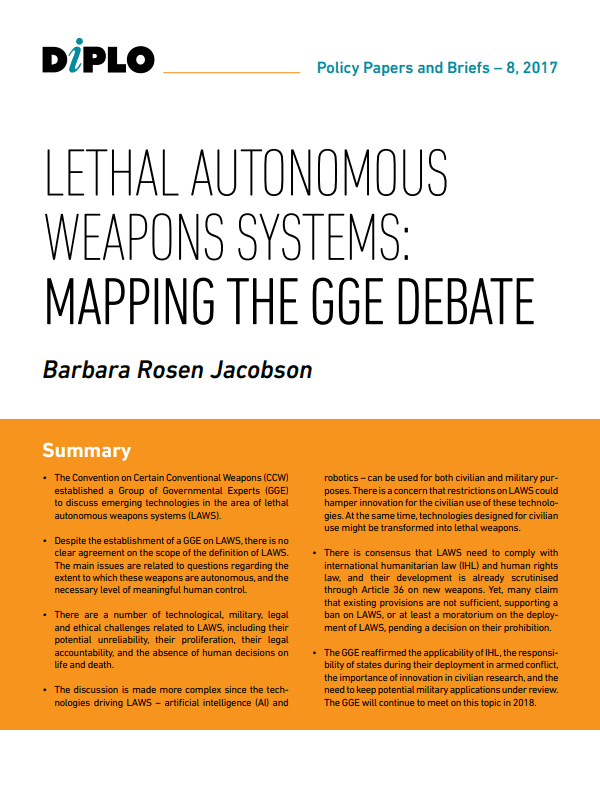
Lethal Autonomous Weapons Systems: Mapping the GGE Debate (Briefing Paper #8)
The paper discusses the ongoing debate in the Group of Governmental Experts (GGE) on Lethal Autonomous Weapons Systems (LAWS) and the varying perspectives on the need for regulation and control of these weapons.
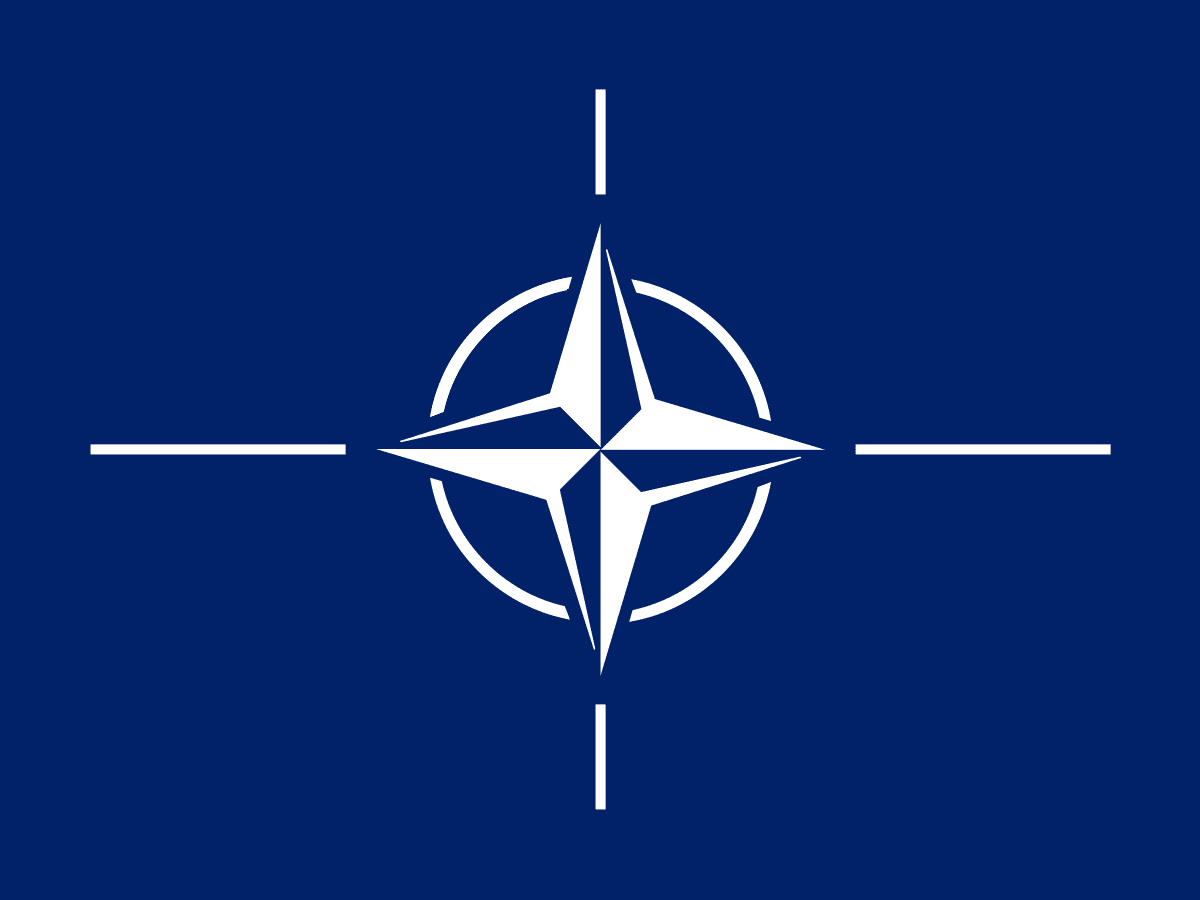
New threats: the cyber-dimension
The text discusses emerging cyber threats and the need for increased cybersecurity measures to address these new challenges.
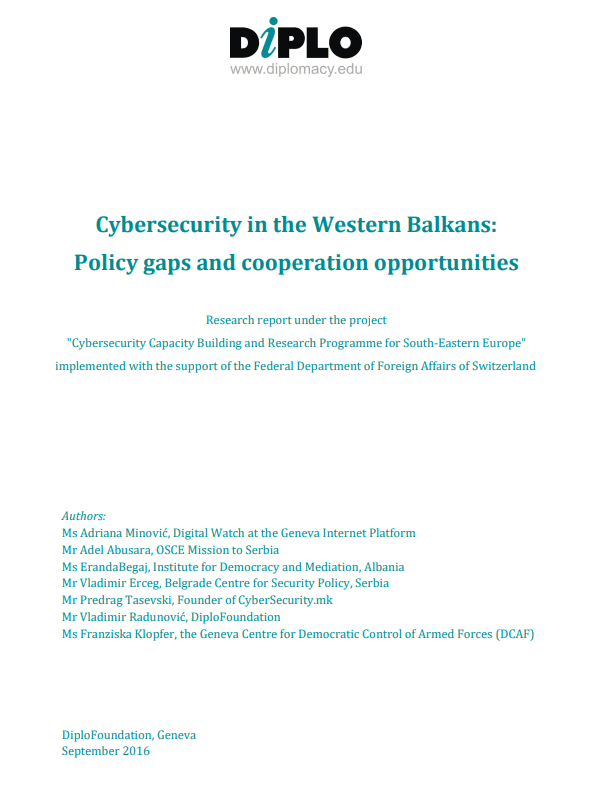
Cybersecurity in the Western Balkans: Policy gaps and cooperation opportunities
Report on cybersecurity cooperation in the Western Balkans.

Dealing with cybersecurity challenges
'Various governments have come up with different interventions to address these challenges, like cybersecurity which is on the rise. The development of human resource and capacity building has been identified as one of the stumbling blocks.' - Godfrey Ahuma from Ghana

Cybersecurity in the Republic of Fiji
This paper discusses cybersecurity in Fiji and offers recommendations to challenges such as the vulnerability of systems due to lack of a cybersecurity framework. The poorly framed laws and lack of appropriate policies.

The waning of the state and the waxing of cyberworld
This paper discusses whether IT is functioning mainly as an instrument of states in their quest for power and wealth or is principally operating as a transformative agent by market forces and various sectors of civil society.

Cybersecurity competence building trends
Report on cybersecurity competence building trends in OECD countries.
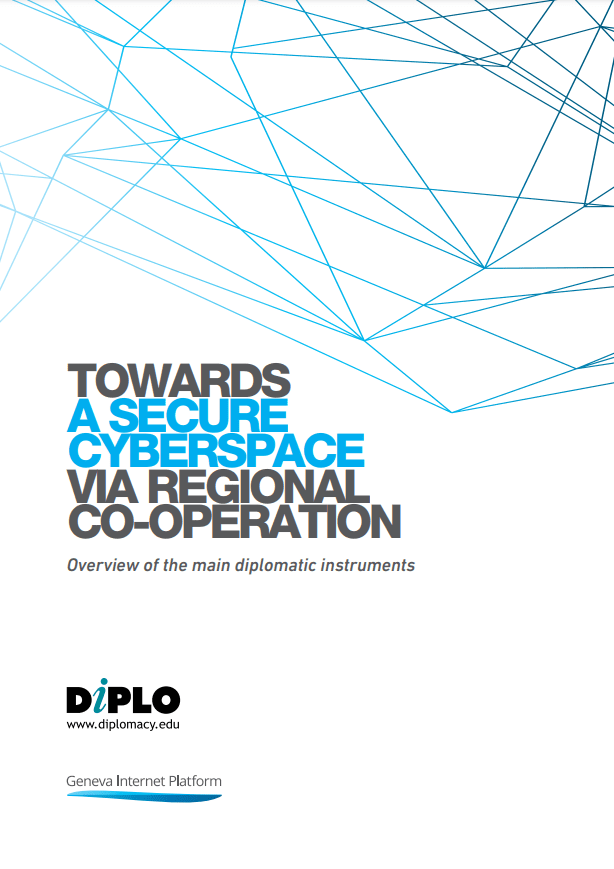
Towards a secure cyberspace via regional co-operation
The study Towards a secure cyberspace via regional co-operation provides an overview of the international dialogue on establishing norms of state behaviour and confidence-building measures in cyberspace.
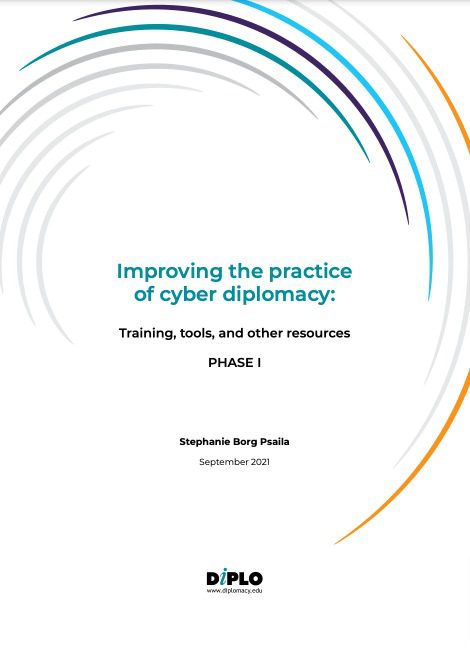
Improving the practice of cyber diplomacy: Training, tools, and other resources – Phase I
Cyber diplomacy, the conduct of diplomacy with respect to a state’s interests in cyberspace, is too important to ignore. Yet, the participation of countries is far from ideal.

From a Safer Internet to a Better Internet for Kids
The text is about transitioning from a safer internet to a better internet for kids.
DDoS – Available Weapon of Mass Disruption
The increasing militarisation of cyber-space comes in response to fears of critical damage caused by digital weapons like Distributed Denial-of-Service (DDoS). Understanding that the botnets are the key platform behind DDoS, we compared the costs of running a large-scale attack with the approximate downtime loss in a country-scale attack in case of Serbia, showing that DDoS are readily available weapons of possible mass disruption. Taken as a whole, this paper suggests responding to risks by combating cybercrime as the DDoS enabler, rather than by militarisation.
The latest from Diplo and GIP
Tailor your subscription to your interests, from updates on the dynamic world of digital diplomacy to the latest trends in AI.
Subscribe to more Diplo and Geneva Internet Platform newsletters!
Diplo: Effective and inclusive diplomacy
Diplo is a non-profit foundation established by the governments of Malta and Switzerland. Diplo works to increase the role of small and developing states, and to improve global governance and international policy development.


